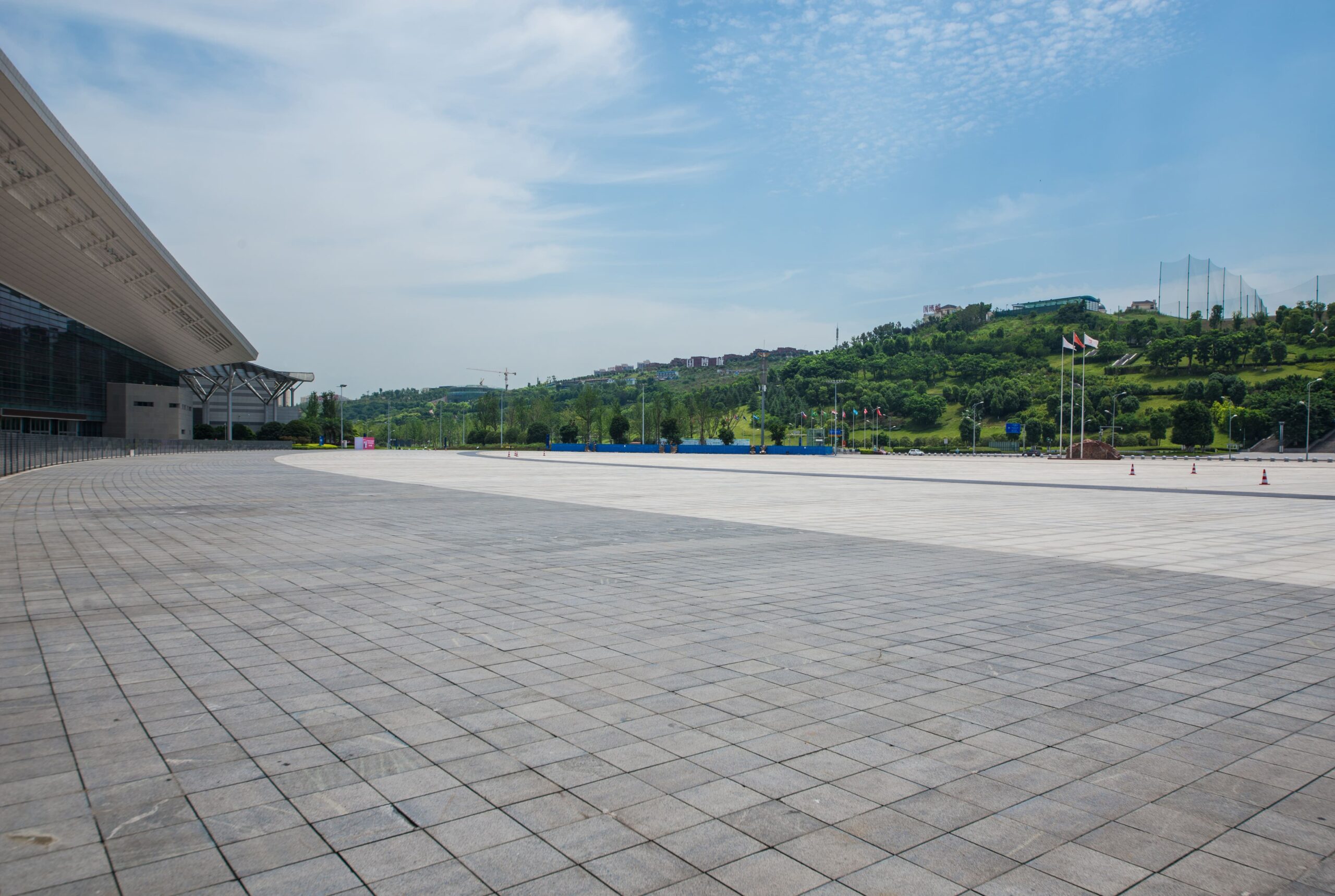Winter might not be the first season that comes to mind when thinking about paver sealing and restoration, but that doesn’t mean it’s impossible. If you’re considering sealing your pavers during colder months, there are key factors to keep in mind—some that could save you time and money, and others that might convince you to wait until spring.
A good paver sealing and restoration company will tell you that timing matters. Sealing isn’t just about slapping on a protective coat; it’s about ensuring the sealer cures properly so your pavers stay beautiful and durable. Let’s break down what you should know before sealing pavers in winter.
Can You Seal Pavers in Winter?
The short answer: Yes, but with conditions.
Sealers need the right environment to dry and cure. Most high-quality sealers require:
- Temperatures above 50°F (10°C) for at least 24–48 hours.
- No rain or frost during application and drying.
- Low humidity to prevent hazing or uneven curing.
If your winter days are mild and dry, sealing might still work. But if temperatures drop below freezing at night, the sealer may not bond correctly, leading to peeling, cloudiness, or even failure.
What Happens If You Seal Pavers in Cold Weather?
- Poor Adhesion – Cold pavers prevent the sealer from penetrating properly, causing it to sit on the surface and wear off faster.
- Extended Drying Time – If it’s too cold, the sealer may stay tacky for days, attracting dirt and debris.
- Hazing or Whitening – Moisture trapped under the sealer (from morning dew or frost) can create a cloudy, uneven finish.
If you’re in a region with harsh winters, it’s usually better to wait. But if you have a stretch of warm, dry days, a professional paver sealing and restoration company can sometimes make it work.
How to Seal Pavers in Winter (If You Must)

If you decide to proceed, follow these steps to improve your chances of success:
1. Check the Weather Forecast
- Look for at least two consecutive days of temperatures above 50°F.
- Avoid sealing if rain, snow, or frost is expected within 48 hours.
2. Warm the Pavers (If Possible)
- If the ground is cold, use a blower or heater to warm the surface slightly before applying the sealer.
- Work in small sections so the sealer doesn’t cool too quickly.
3. Choose the Right Sealer
- Water-based sealers dry faster and handle cooler temperatures better than solvent-based ones.
- Breathable sealers reduce the risk of moisture trapping, which is crucial in winter.
4. Apply Thin Coats
- Thick layers take longer to dry and are more prone to failure in cold weather.
- Two thin coats (with proper drying time in between) work better than one heavy coat.
5. Protect Freshly Sealed Pavers
- Cover the area with plastic sheeting if unexpected frost or rain is forecasted.
- Avoid foot traffic for at least 24 hours.
When Should You Just Wait for Spring?
While sealing in winter is possible under the right conditions, there are times when delaying is the smarter choice:
- If nighttime temps drop below freezing – Even if days are warm, freezing nights can ruin the sealer’s cure.
- If humidity is high – Moisture-laden air slows drying and can cause hazing.
- If you’re expecting snow or ice – Once sealed, pavers need time to fully cure before facing extreme weather.
If your pavers are in rough shape and need immediate protection, a temporary fix (like cleaning and re-sanding) might hold them over until spring.
Final Verdict: Should You Seal Pavers in Winter?
If you have a short window of mild weather, sealing pavers in winter can work—especially with the right preparation and sealer. However, if your area has unpredictable cold snaps, it’s often better to wait.
A trusted paver sealing and restoration company can assess your specific situation and recommend the best approach. Sometimes, a little patience leads to longer-lasting results.
Need More Expert Advice?
For deeper insights on paver care, check out this guide from The Interlocking Concrete Pavement Institute (ICPI): ICPI Residential Guide.















